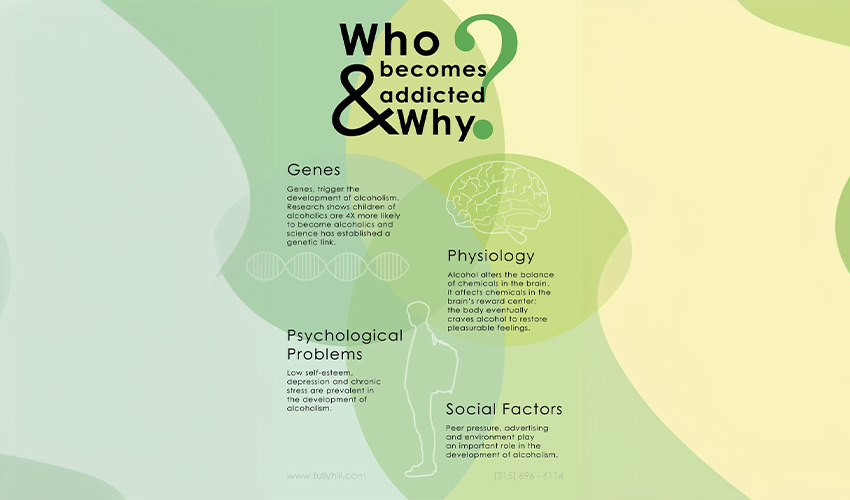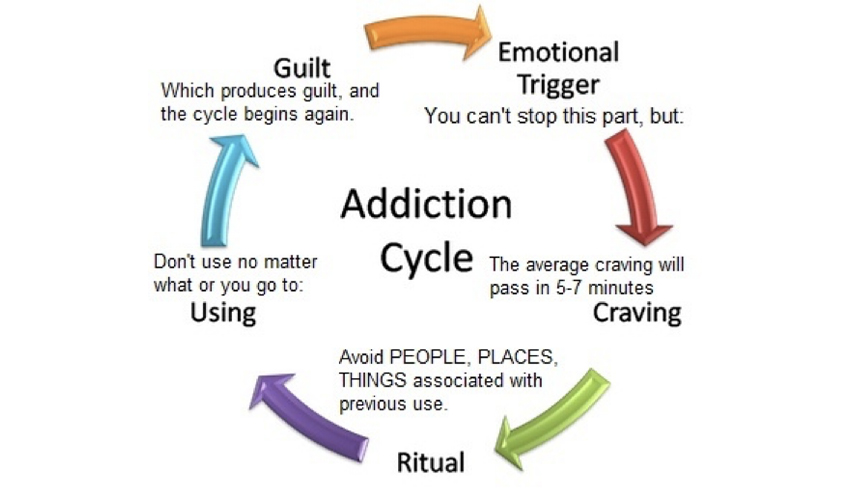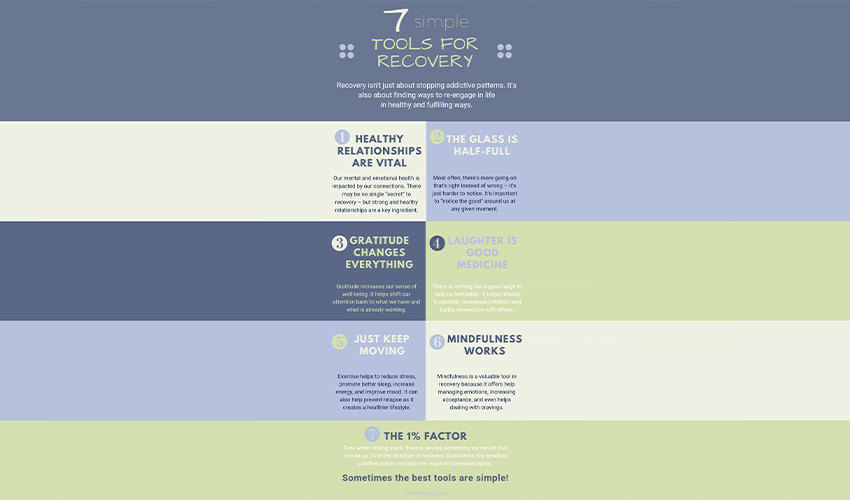- Mumbai, New Delhi, Bangalore
- (+91) 81518 30000
- WhatsApp Now
- contact@vedawellnessworld.com
Addiction is a complex and often misunderstood condition that affects millions of people worldwide. Despite growing awareness and education, numerous myths and misconceptions about addiction persist. These myths can prevent individuals from seeking help, perpetuate stigma, and hinder recovery efforts. In this blog, we will debunk some of the most common myths about addiction, providing a clearer understanding of this condition. Additionally, we will introduce you to Veda, a luxury rehab center that offers personalized and innovative treatment options for those struggling with addiction.
One of the most pervasive myths is that addiction is simply a choice. Many believe that individuals with addiction lack willpower or moral integrity. However, addiction is a chronic disease that alters brain function and chemistry. While the initial decision to use substances may be voluntary, repeated use can lead to changes in the brain that impair self-control and decision-making. This makes it incredibly difficult for individuals to stop using substances without professional help.
Addiction impacts the brain’s reward system by flooding it with dopamine, a neurotransmitter associated with pleasure. Over time, the brain becomes less responsive to dopamine, requiring more of the substance to achieve the same effect. This cycle of increasing use and tolerance underscores the biological basis of addiction. It is not a mere failure of willpower but a condition that changes how the brain functions.
Another common misconception is that addiction only affects certain types of people, such as those with a specific socioeconomic background, personality type, or moral weakness. The reality is that addiction does not discriminate. It can affect anyone, regardless of age, race, gender, income level, or social status. Factors such as genetics, environment, and mental health conditions can all contribute to the risk of developing an addiction.
Research has identified several risk factors that increase the likelihood of developing an addiction. These include:

Many people believe that individuals must hit “rock bottom” before they can begin to recover from addiction. This myth can be dangerous because it suggests that individuals need to experience severe consequences before seeking help. In reality, early intervention can significantly improve the chances of successful recovery. Seeking help at the first signs of addiction can prevent further harm and increase the likelihood of long-term sobriety.
Early intervention strategies include:
Intervening early can save lives, reduce the impact of addiction on families and communities, and improve overall outcomes.

There is a misconception that addiction treatment is a one-size-fits-all solution. In truth, effective treatment must be personalized to address the unique needs of each individual. Various treatment options exist, including inpatient and outpatient programs, behavioral therapies, medication-assisted treatment (MAT), and holistic approaches.
Effective addiction treatment plans are tailored based on:
Some people believe that addiction can be cured quickly, often with a short stint in rehab or a detox program. However, addiction is a chronic disease, and recovery is an ongoing process that requires long-term management. Just as with other chronic diseases like diabetes or hypertension, individuals with addiction need to adopt lifestyle changes and may require ongoing support.
Effective long-term management includes:
Understanding that recovery is a journey, not a destination, is crucial for those affected by addiction and their loved ones.

A harmful myth is that people who struggle with addiction are inherently bad or immoral. This stigma can prevent individuals from seeking help and receiving the compassion they need. Addiction is a medical condition, not a moral failing, and those affected deserve empathy and support.
To combat stigma, it’s important to:
Changing perceptions about addiction can lead to better support systems and improved outcomes for those affected.
At Veda, we understand the challenges and misconceptions surrounding addiction. As a luxury rehab center, Veda offers personalized and innovative treatment options to support individuals on their recovery journey. Here’s how Veda can help:
Veda provides a comprehensive approach to addiction treatment, combining traditional therapies with holistic practices. This includes:
At Veda, each patient receives a tailored recovery plan that addresses their specific needs and goals. By considering factors such as the type of addiction, co-occurring mental health disorders, and personal circumstances, Veda creates an individualized approach to treatment.
Veda’s facilities provide a serene and luxurious environment that promotes healing and relaxation. Patients can focus on their recovery in a comfortable and supportive setting, with access to amenities that enhance their well-being.
Recovery does not end after leaving rehab. Veda offers continuing care programs to support long-term sobriety. This includes:

Debunking the myths about addiction is crucial for fostering understanding, reducing stigma, and promoting effective recovery. Addiction is a complex disease that requires comprehensive, personalized treatment and long-term management. By educating ourselves and others, we can create a more supportive environment for those affected by addiction.
At Veda, we are committed to providing the tools and resources necessary for a successful recovery journey. Our luxury rehab center offers holistic and personalized treatment plans in a serene and supportive environment. If you or a loved one is struggling with addiction, Veda is here to help.
For more information about Veda and our services, please contact us at contact@vedawellnessworld.com or call us at (+91) 81518 30000. Let us support you on your journey to recovery and well-being.